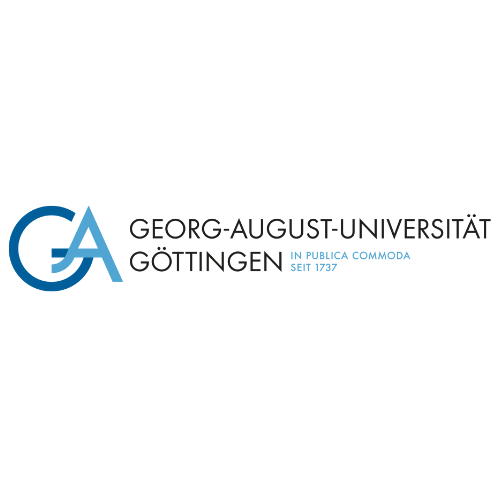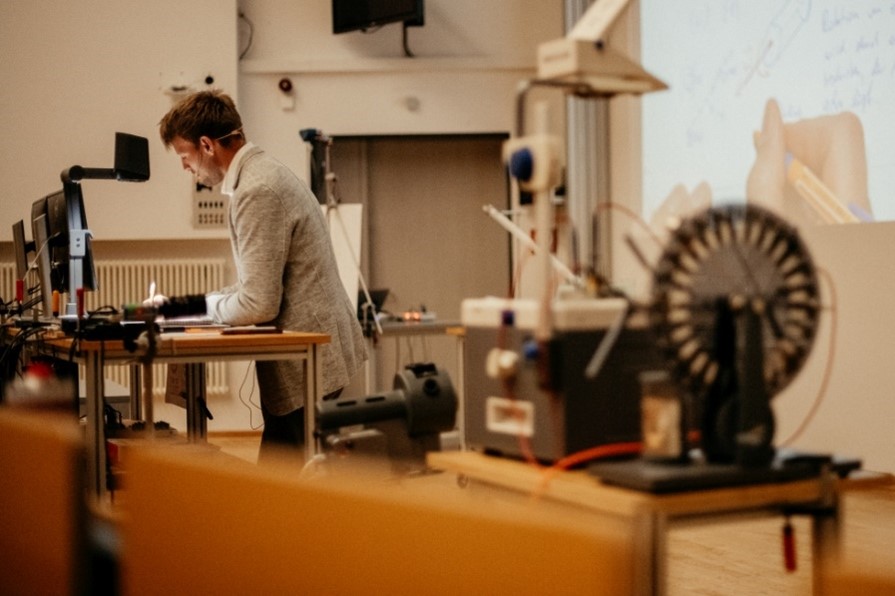- Teaching and Learning Awards 2024
- Experimental Physics 1

Course presented by the University of Göttingen:
 Experimental Physics 1
Experimental Physics 1
Experimental Physics 1 is the fundamental introductory physics course for first-semester physics students (major and teacher training). It covers essential concepts and principles of classical mechanics and thermodynamics, providing the foundation for more advanced studies in physics. Lecture demonstration experiments play a central role in illustrating theoretical concepts and deepening students' understanding. These experiments serve to practically demonstrate and explain the physics laws and phenomena discussed in the lectures. The lecture is supplemented by weekly exercises (so-called recitations) and tutorials that reinforce the material and promote the application of learned concepts in problem-solving tasks in small student groups.
Typically, students work on problem sets, submit them for correction, and discuss them with tutors. Content-wise, the course begins with the study of point masses (kinematics, dynamics) and increases in complexity: point masses with interactions (e.g., collision), rigidly connected point masses (rigid bodies), relaxing the rigidity condition (solids), many-particle systems (fluids, hydrodynamics), oscillations and waves, as well as the basics of thermodynamics. The goal of the lecture is to provide a fundamental understanding of physics concepts and their mathematical descriptions, to develop analytical skills and problem-solving strategies, and to prepare students for advanced topics in experimental as well as theoretical physics.